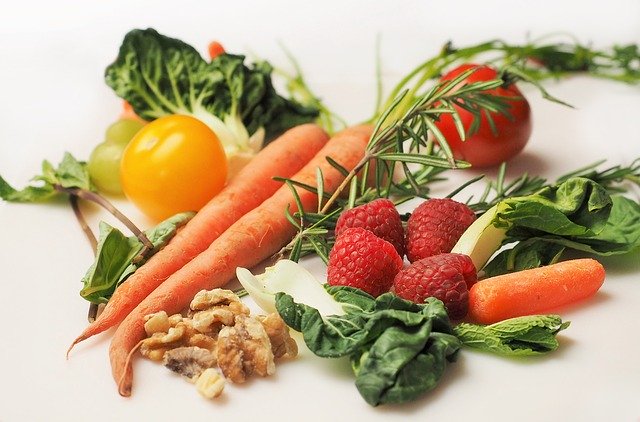
What to eat is a hot topic. Like religion and politics, diet stirs strong reactions from people. Just like religion and politics, the strong reactions have little or nothing to do with reality and everything to do with attached feelings and agendas. To me, this is fine. Feelings and agendas are the reason for why we do almost everything we do. But the scientist side of me is interested in what is really going on. I understand that reality is more a personal attraction because of how I view life – like a big puzzle. I try to fit the pieces together, but find it frustrating when people toss pieces into the pile that don’t belong. I try to make these pieces fit and they just don’t because they are not real.
A current politically correct diet fad is the plant-based diet. I mention politically correct because it reflects one glaring reality – there are too many people on this planet. In order to feed the billions of people we have, there simply is not enough rangeland to raise the livestock to feed that many people anything other than a plant-based diet. Yet strangely I rarely hear this mentioned as a reason for switching to a plant-based diet. Instead, I hear a lot of bogus and biased pseudo-science about how much healthier this would be. Sorry, for most people this simply is not true. Animals are protein-based lifeforms, and plants are not able to “fix nitrogen” to form the amino acids that animals need to survive.
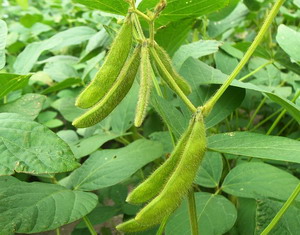
Fixing nitrogen is the process wherein nitrogen from the air is bound into molecules with hydrogen to form ammonia which the plant can then use to form amino acids. Plants are not able to do this. However, there are 10 different plant families that are able to host various bacteria in their root nodules that are able to do this. All other plants have to have nitrogen-containing fertilizer as an ammonia source added to the soil in order to grow. In a natural environment that fertilizer would be animal dung. But in an industrial agriculture setting, that means chemical fertilizers. Production of this fertilizer is a very energy-expensive process and uses natural gas as the hydrogen source. What this ultimately means is that a worldwide plant-based diet is intricately tied to oil and gas production – a resource that is not going to last forever.
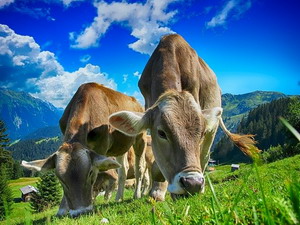
People are not ruminants: animals that graze on plants and then host the types of bacteria that can break down these plants into the nutrients they need to survive. We have lots of bacteria in our gut, but nothing like what cows or goats have. They have four stomachs just for this fermentation processing, plus they get to regurgitate their food and re-chew it over and over. Without this bacterial fermentation process, plants can not supply us with all the nutrients we need to survive.
So what is lacking in a plant-based diet? Let’s make a list:
Vitamin B12 is the one most people know about. B12 is found almost exclusively in eggs, fish, meat, and dairy products. Without it, you develop fatigue, weakness, anemia, neurological and psychiatric disorders. Everyone on a plant-based diet must take supplemental B12.
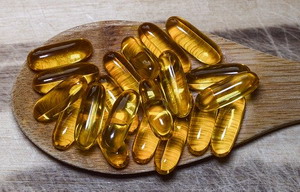
DHA (docosahexaenoic acid) is the essential omega-3 oil people associate with fish oil or krill oil. A common lie is that we can get this from vegetarian sources like flax seed or chia seed oil. This is not true. What you get from them is ALA, which some animals can convert to DHA, but which human men cannot at all and pregnant women can convert only up to 8%. DHA is one of the main constituents of the human brain, so deficiencies produce obvious mental deficits. Omega-3 pathways in the body are one of the primary ways to fight inflammation.
Creatine is found in animal-sourced foods. Creatine serves as the backup energy source for muscles for greater endurance and strength as well as in the brain for memory formation.
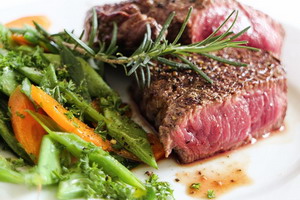
Heme iron is the protein-bound form of iron that is easily absorbed in the gut. Plant sources of iron are very poorly absorbed and they are often blocked by anti-nutrients like phytic acid or oxalic acid in the plants.
Taurine is found in fish and meats and is essential for cardiovascular function, skeletal muscle formation, the central nervous system, the retina, and liver detoxification. It is also an antioxidant, regulates water levels in the blood, stabilizes membranes, and is responsible for the formation of bile and calcium signaling in nerves.

Vitamin D3 is essential for bone formation and regulation of the immune system. This nutrient can be formed in your skin during the summer if you go out and get the sun exposure you need. But the sun is not strong enough in the US during the winter so you have to get it from animal sources.
Carnosine is not as essential as the others if you are getting enough histidine and beta-alanine, though these are usually from animal sources as well. Carnosine is an antioxidant vital for muscle function to reduce fatigue.
Choline is essential for brain development and function, energy production in the mitochondria, formation of all your cell membranes, fat metabolism and fatty liver prevention, detoxification, and DNA synthesis. This is more of a problem for vegans as choline is abundant in egg yolks.

Calcium and zinc are also commonly found to be deficient in vegetarian and vegan diets. Calcium is of course for bone formation and nerve transmission, while zinc is essential in over 300 different actions in the body.
Protein is probably the biggest problem with vegetarian and vegan diets. Many plant sources have partial proteins, but almost none have the full complement of the essential amino acids needed to form human tissues. To compensate for this you must eat a variety of plant protein sources that complement each other. About the only plant protein source I have found that has a full and balanced protein with an amino acid profile similar to eggs is the water lentil or duckweed. You are made of protein. Everything that happens inside you requires quality protein. To be a healthy vegan or vegetarian you basically either have to use protein powders to supplement your diet or follow a strict protein complementing program such as that presented in the book “Diet for a Small Planet.”
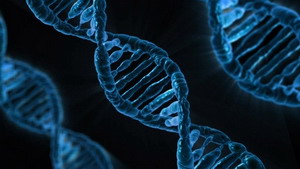
Does a plant-based diet offer health advantages? Yes and no. In large population studies of this question, the answer is no. Vegetarians have the same amount of disease as meat-eaters, just different diseases. If you look at specific disease processes, you will find that plant-based diets suppress certain diseases while exacerbating others. Naturally, advocates of one diet over another will wave flags pointing out how their diet decreases this disease or that, but overall there is no clear winner. I feel that a better choice is to try the different options and see what works for you. We all have different genetics, and those differences will determine just what is healthiest for you.
Can you be healthy as a vegetarian or a vegan? If you make sure that you cover your bases with the nutrient deficiencies I mentioned earlier, then absolutely. One extra point to mention about plant diets, plants have been in a war with mold, fungus, insects, and animals for hundreds of millions of years. They have become master chemists, and use chemical warfare to protect their children and survival. Plants are full of poisons which we experience as allergies and food sensitivities with sometimes deadly consequences. Exploring your personal level of sensitivity to these poisons is a big part of defining what diet will work for you.
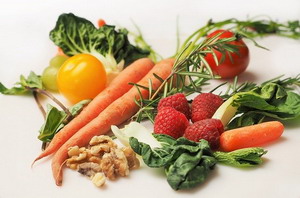
Whatever diet you find works best for your body, find foods that are as natural as possible. Food processing chemicals are toxic for everybody no matter what diet you are on. Eat to build your health.
Take care,
David
